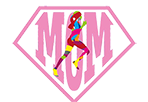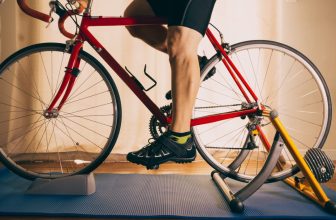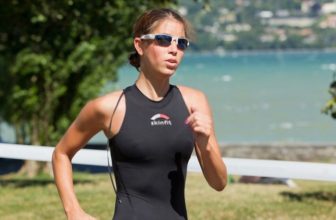
Only a few 5K runners with stomachs made of “steel” can easily digest any food at any time. But for the rest, paying attention to what and when to eat makes the difference between a good runner and a bad runner.
So when do you need a nutrition plan? For an easy run in about an hour or less, most people can probably just get a little water and an energy gel or two. But when running longer, and especially when running more than three to four hours, it becomes even more crucial to have a specific plan for when and what to consume.
Determining how to recharge before, during, and after a run isn’t always straightforward. If you asked five 5K runners this topic, you’d probably get all five different answers. You need to put in the work and try different things before you can determine what is best for your body.
So, If you’re interested in my 5k training meal plan, read more here!
Nutrition Basics For Running 5K
The exact number of calories for 5K depends on a number of factors, including your running length, intensity, and body shape: Larger people will need more calories per hour than smaller people. Likewise, a person running 5K distances will need more calories than someone running short and simple runs.
In addition, the quality of the calorie source – the type of food you eat – plays an important role:
The Role Of Carbohydrates
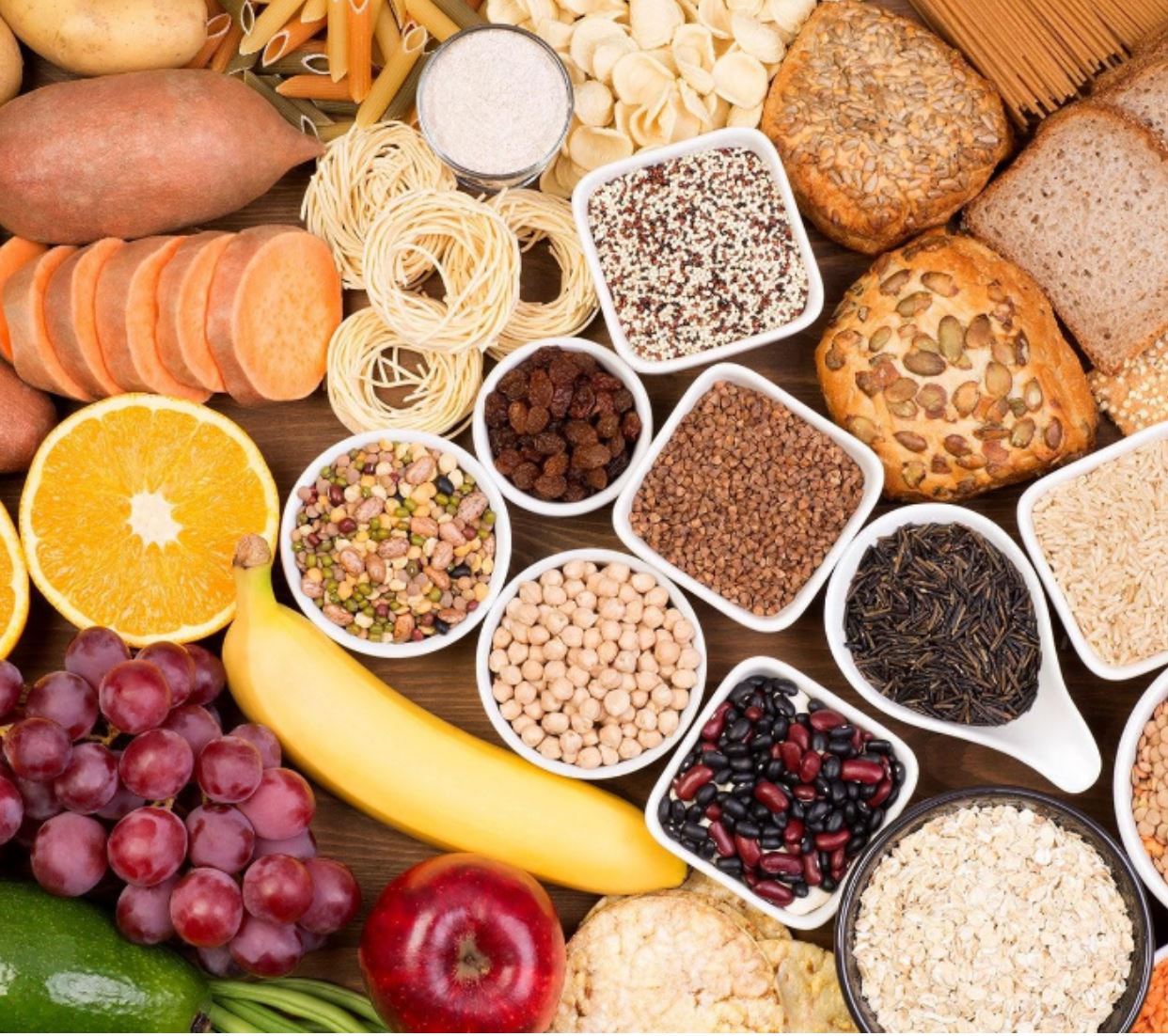
Role Of Carbohydrates
When running 5K, your body gets its energy mainly from glycogen. The body stores glycogen in its muscles and liver so that it may access it quickly and use it effectively as a source of energy.
Glycogen is obtained when you take in carbohydrates (“load on carbs”). This is why you may have heard of athletes “loading on carbs” the night before a big race. Eating plenty of carbohydrates like pasta, bread, or potatoes helps fuel your glycogen stores and ensures you start your run full of energy.
Your body “burns” glycogen relatively quickly, so you need to replenish it with mid-run snacks like energy gels, energy bars, and carbohydrate candies. Keep in mind that the average amount of carbs that your body can digest in one hour is just about 60 grams. Eating more than that can upset your stomach.
The Role Of Protein
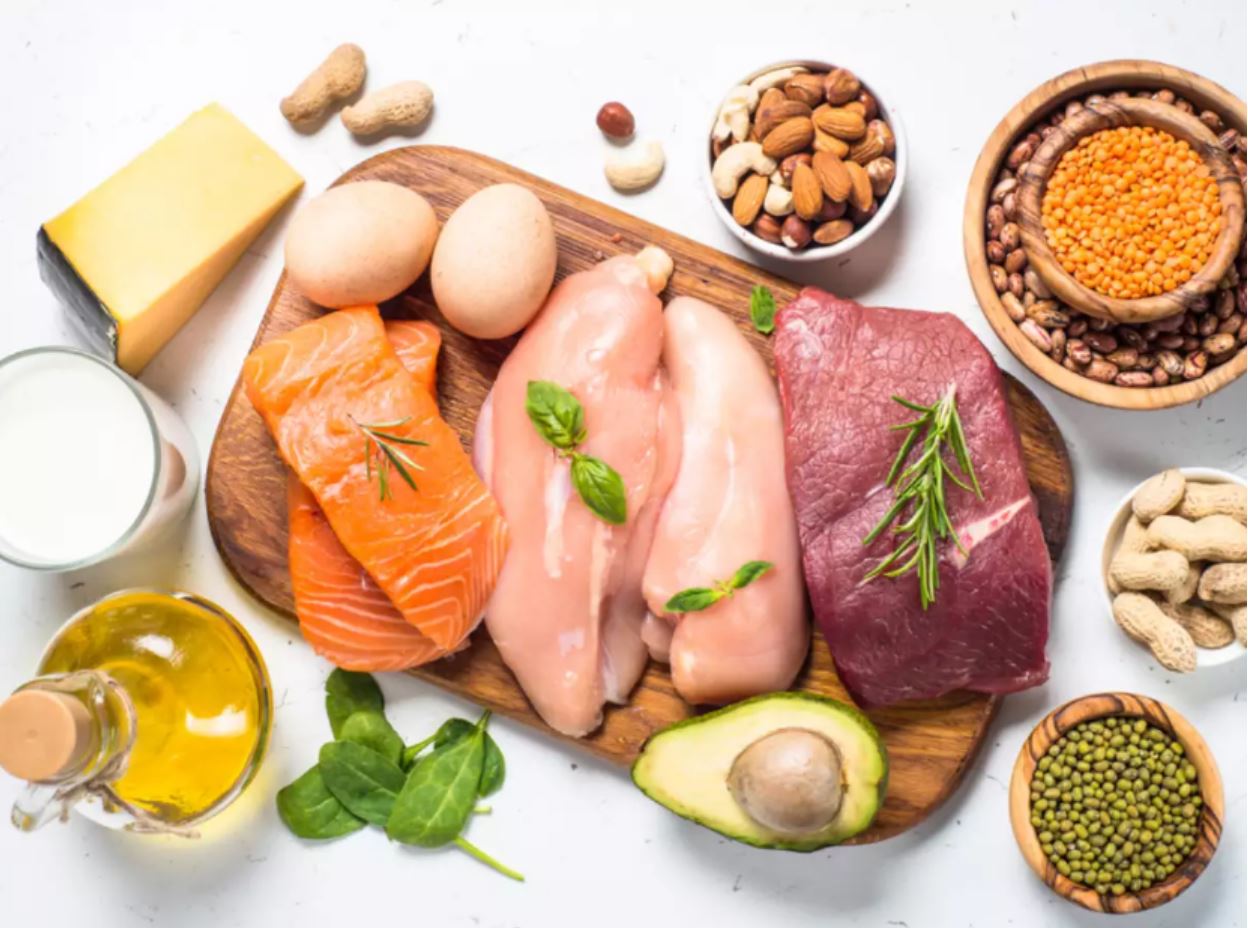
The Role Of Protein
Protein is an integral part of all of your tissues. It is especially beneficial for helping you create and repair muscle since you are doing so much of both during exercise. An individual who weighs 140 pounds and trains for a 5K needs around 0.5 grams of protein per pound of body weight. As a result, such an individual would gain the most benefit from consuming 70 grams of protein on a daily basis.
To get enough energy during your 5K run, you’ll need to eat some fat and protein while running. A good strategy is to replace about a quarter of your carbohydrate calories with protein. Hourly calorie intake is maintained at 200-300.
The Role Of Fat
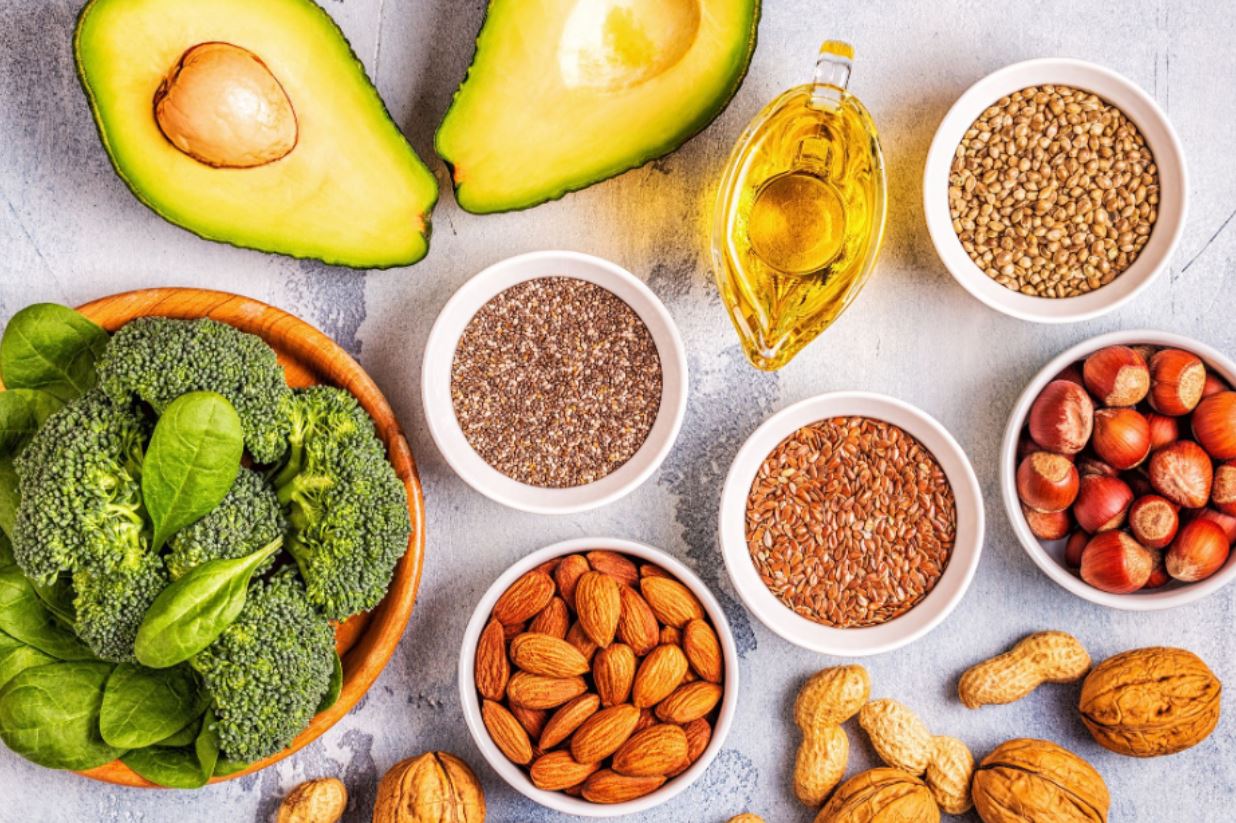
The Role Of Fat
Unsaturated fats aid in vitamin absorption, and some, such as omega-3 fatty acids, reduce inflammation, allowing you to recuperate sufficiently from your runs. According to the Institute of Medicine, between 20 and 35 percent can be derived from fat. Avocado, salmon, and nuts are excellent providers of unsaturated fatty acids.
Fat and protein not only provide the body with a long-lasting source of energy, but it also helps stimulate the taste buds when you are tired of the bland taste of energy gels.
Other Specific Nutrients
If you consume a range of foods on a regular basis and choose largely healthy unprocessed options, you will receive a sufficient amount of vitamins and minerals to support a healthy 5K training regimen. In the case of lactose intolerance or following a vegetarian diet, among other dietary limitations, it is possible that you may need to pay special attention to certain nutrients. Women runners occasionally require additional vitamin and mineral supplementation. There are many other nutrition options; here are a few different nutritional options you may want to consider.
B Vitamins
B vitamins are a source of energy for you when exercising, especially during heavy training sessions. B vitamins like B6 and B12 will help convert sugar and protein into energy and produce more red blood cells.
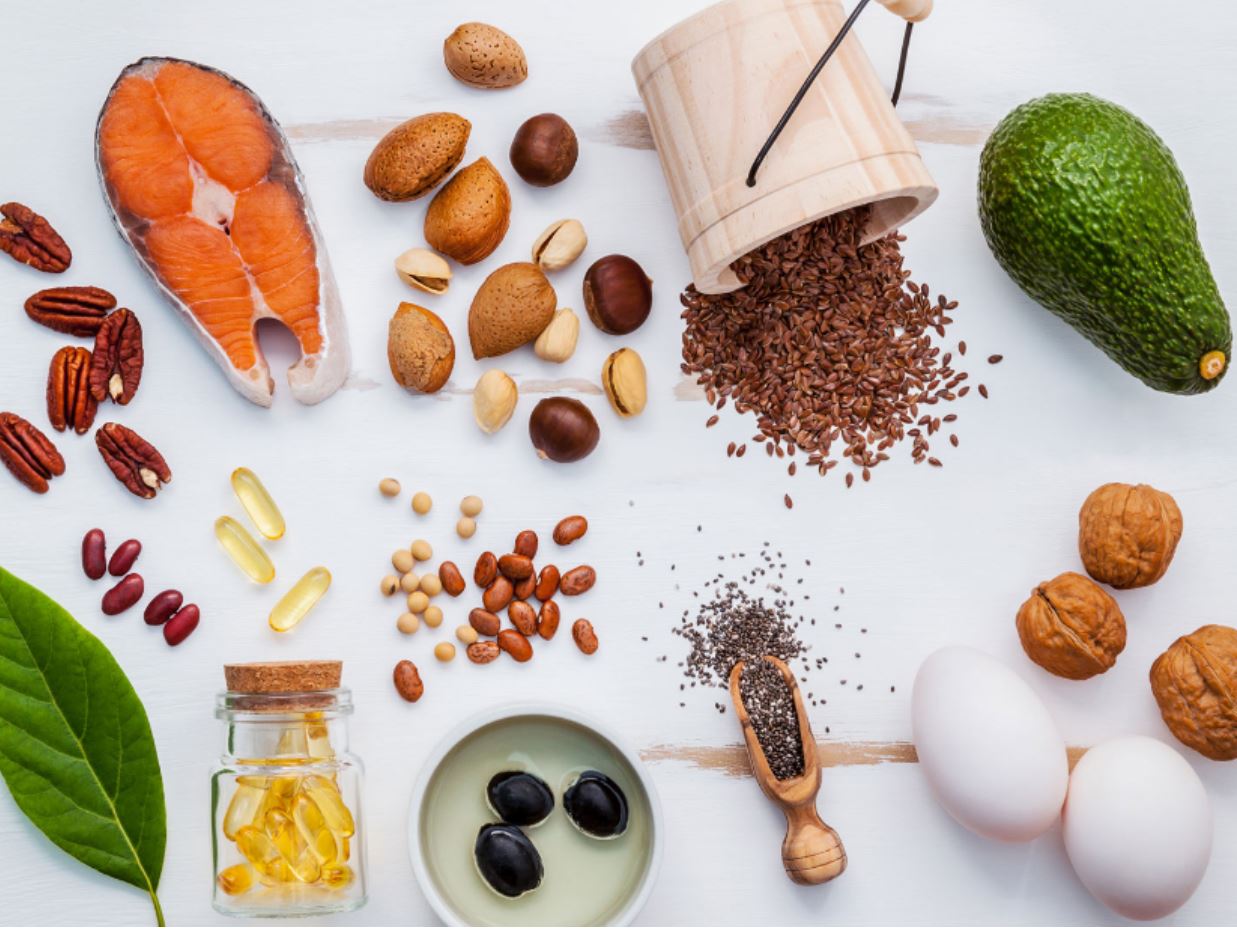
B Vitamins
Adequate intake of B vitamins will help you increase your metabolic rate, maintain healthy skin, boost your immune system and promote cell growth, and it also helps to reduce stress and depression. Where are B vitamins found? It is found in cereals, meat, rice, corn, eggs, peas, milk, fish, potatoes, butter, etc.
Calcium
Due to the fact that calcium is the fundamental component of bone, it is one of the elements that play the most important function in the skeleton’s construction and development.

Calcium
In addition to this, calcium plays a key part in the contraction of muscles, which helps prevent muscle cramps throughout the night. It is an element for early detection of the causes of diseases entering the body. Calcium is abundant in the following foods: amaranth, collard greens, milk, shrimp, crab, fish, etc.
Iron
Due to the amount of time spent on their feet, runners are at risk of iron depletion, especially those who are vegetarians. Women are particularly susceptible to developing anemia, which is used by weariness, pale skin, and lethargy.
To help muscles work effectively, muscles need to supplement the body with an adequate amount of iron because if the body lacks iron, it will lead to anemia, make you tired, and reduce performance in the running. Iron is abundant in dark green vegetables, red meats, etc.
5k Training Plan Meal Planning
Every runner is different, so it’s hard to say exactly what and when to eat, but there are reliable guidelines to help you get started. You’ll need to experiment with foods during your workout to see what really works for you. And, always remember: Whatever works for you, stick with it, no matter what anyone says.
The diet for training for a 5K is not much different from any other well-balanced diet. In order to maintain your high level of exertion, you may need to supplement your diet with additional nutrients. Otherwise, try a combination of high-quality carbohydrates, proteins, and fats for optimal performance.
| When to eat? | Kind of food | For example |
| Last night | Rich in carbs; low in fiber, fat, and protein | Pasta
Bread Fresh fruits and vegetables Lean meat |
| Morning (2 hours before running) | The majority of carbs; a little protein | Granola cereal with berries
Bagel with peanut butter Oatmeal with dried fruit |
| In running time, less than 4 hours | Easily digestible carbs and sugar | Energy Gel
Energy Chewables Fresh fruit |
| During the run time, after 4 hours | Most are foods high in carbs; add a little protein | Energy Gel
Nuts Avocado jam Dry beef Drink protein mixes |
| After running | Protein-rich foods; hydrate with electrolyte | Lean meat
Fish Egg Bean Fresh vegetable |
The Night Before Running
The night before your run, you should eat a healthy meal that is high in carbohydrates but low in fiber, fat, and protein. Fats should be healthy fats from foods like avocado, coconut oil, and extra virgin olive oil. A group of beneficial fats that help with heart health, immune system function, general health, recovery, and injury prevention. Don’t overdo it with a large meal as it will make you sick and feel too full the next morning. Also, avoid foods that you know are not good for your body. For example, if spicy foods upset your stomach, stay away from them.
Morning Day Running
You should eat most carbohydrates before running. Ingesting some protein can keep you full during your run, but don’t eat too much fat or fiber as they can make you feel full and heavy. Good ideas for breakfast include granola with berries, bagels spread with peanut butter, oatmeal with dried fruit, or bananas. A meal should, on average, consist of between 400 and 600 calories.
This food must be digested thoroughly by your body before you begin your workout. You can experiment with this, but try eating at least two hours before running. Some people find that eating a snack near the start of a run is OK.
While Running
If your run is less than four hours, you can eat energy gels, energy chews, and fruit to easily tolerate carbohydrates and sugar. If you run for more than four hours, you need to incorporate more protein to maintain energy. Energy gels, nuts, nut butter, beef jerky, or protein drinks are good choices. Also, listen to what your body craves. Your body can tell you exactly what it needs. Remember to take in 200-300 calories per hour. A variety of gels and prepackaged energy chews are available in portion sizes to make them easier to eat.
After Running
Eat a healthy meal with nutritious ingredients within an hour of your run to replenish all that burned. Protein-rich foods are great at helping the body rebuild tissues and recover from exercise/activity.
Don’t forget to drink water
Drink an electrolyte drink to replace the sodium and potassium you lose while running. You can celebrate after a run with a beer or two glasses of wine. Alcohol is a diuretic that draws fluid out of your body and makes you more dehydrated.
Nutrition Tips
No matter how disciplined you are, training will be far more effective if you have a well-balanced diet. Your requirements for fuel and energy may well increase when training hard, so the more substantial your nutritional intake is, the more your body will benefit from the training. We’ve included some tips to help you offset any increases in your energy needs:
Try it!
You need to try to know what works well for your body. Some athletes are lucky enough to be able to digest all kinds of food, but many others find that the movement while running can cause vomiting and discomfort. If you have an upset stomach, check the nutrition labels on food products and avoid common allergens like dairy, gluten, or soy. You can also try chopping up solid foods and try out the flavors of sports drinks, shakes, and homemade soft drinks.
Try different combinations of foods before, during, and after your workout to narrow down the list of foods that work well and aren’t good for your body. Keeping a diary to keep track of what you’ve eaten can be helpful sometimes.
Drink calories
If you know solid foods irritate your stomach while running, you can try getting nutrition in the form of water. Many sports drinks provide calories in the form of carbohydrates, fats, and proteins. However, it is important not to overdo it when combining an energy drink with energy foods, as an excess of carbohydrates might produce an upset stomach. If you are using energy gels, chewing gum, or nutritional gels, drink some water after eating, not sports drinks.
Exercise like running
If signing up for a long-distance race, use the exercise to figure out which foods are right for you, and then practice eating your way through race day. When the day runs out, don’t suddenly try something new. You can eat food from the food at the aid station, but if you don’t know what these are, don’t eat them. If you already have a nutrition plan, just follow it.
Timer
It’s easy to just run and lose track of when the last time you drank water or ate an energy gel. This is the reason why a lot of sportsmen like to put a timer on their watch; they alarm themselves every 20-30 minutes to remind them to eat and drink something that has 80-100 calories in it.
FAQS
What is an ideal breakfast before a 5K?
Carbohydrates and some lean protein should make up the bulk of your breakfast. You may have oatmeal with fruit, low-fat yogurt topped with fruit and granola, or a bagel topped with scrambled eggs with fruit on the side. All of these options are good. A good wager is a cereal; nevertheless, you should stay away from cereals that are heavy in fiber.
What kinds of foods should runners try to stay away from?
Runners will want to stay away from spicy food and large meals as they can lead to stomach problems, such as heartburn or nausea. If you have a sensitive stomach while running, try to avoid foods that cause digestive distress, especially if you experience stomach cramps or diarrhea. Common offending foods include rich or greasy foods, foods with too much fiber, spicy food, and carbonated drinks.
What is the best way to boost energy?
Be sure to eat breakfast within an hour of waking up. Skipping this meal can send your body into starvation mode, which will slow you down and make you feel worse on your run. You’ll also need hydration, so while water is the best choice, sports drinks will provide a nice boost. Running activates your intestines, so proper pre-run nutrition is incredibly important for preventing severe GI distress throughout your run.
Can eggs be eaten before a run?
Eggs are a common choice for people who want something “real” for breakfast because protein digestion takes longer than other nutrients in the body to complete. Because of this, you should eat at least two hours before the start of the race if you plan to consume any protein. If you eat a meal like this breakfast far enough in advance of a long race, you will be well fed for the competition.
